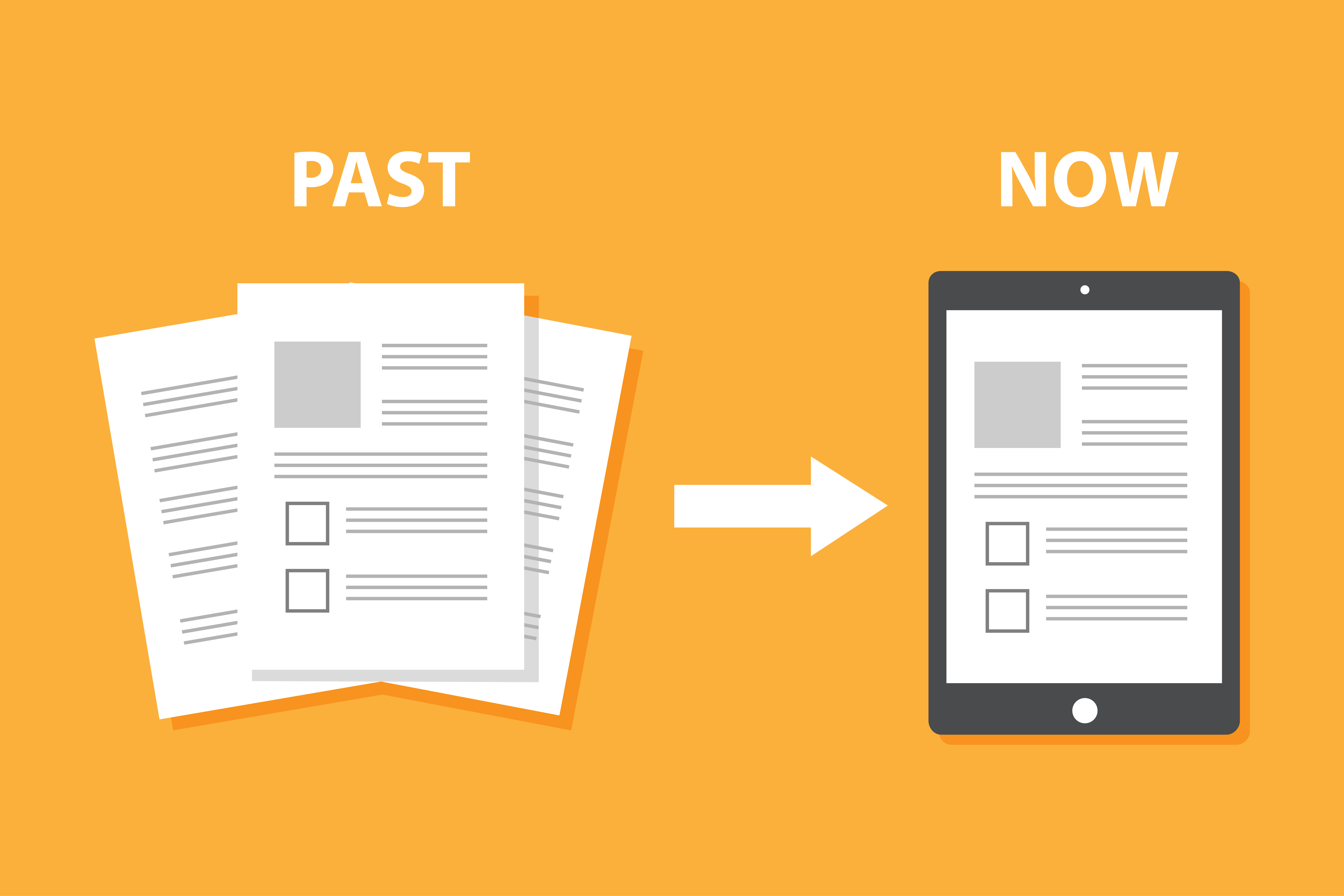Good agreements in business take time to reach, and quality consensus happens when all parties invest the necessary time and resources in ironing out any possible caveats or stumbling blocks well in advance. That’s often not a quick process – there’s nothing wrong with that, per se – but it’s important that the time and effort ploughed in by both sides doesn’t take the form of manual, repetitious and mundane work. If your well-paid contract negotiation team is moving pieces of paper around in duplicate, not only are resources being wasted, but the outcomes may not be ideal.
Another resource that’s often spent on business-to-business agreements, employment contracts or any legally binding documents is carbon, most obviously in the form of paper. Many organisations recognise the advantages of “going paperless” for the sake of efficiency, but few realise too that by better allocating limited resources in digitised documents, the company’s carbon footprint shrinks significantly. While that’s a boon for any business’s CSR profile (corporate social responsibility), starting with the aim of more ecologically-sound processes can actually end up saving money, time, and resources (not to mention carbon emissions) right across the company.
It’s worth spending a moment considering the intricacies of a contract’s life cycle. Contracts need multiple stakeholders to input, edit, amend, comment, and finally approve the fine print at multiple points and through many iterations. For busy Legal teams or Operations decision-makers, the administrative burden can be very high. That’s a cost easily compounded even when undertaking each task using all-digital Word or Excel documents, for example.

Following email trails is time-consuming and confusing, especially when multiple parties are involved. A single case of forgetting to “CC in” a key stakeholder can delay projects – an occurrence epitomised by document filenames like “Agreement_companyX FINAL final4a– USE THIS ONE.docx.” In some ways, the slower pace of physical paper copies of agreements as they develop over time is preferable. But of course, killing trees because organisations aren’t very well organised, isn’t good news for the planet.
That’s why many companies pursue and achieve their goals of a lighter carbon footprint and a truly paperless office by leveraging dedicated technology; code that is written from the ground up to automate document handovers from stakeholder to stakeholder, tracking changes, keeping notes and key points at hand until documents are finalised and are ready to send.
At scale, digital document management systems make perfect sense: some estimates place the cost to a company of a single paper-based contract at US$36. Digital document management is cheaper by a huge factor, plus the extraordinary cut in time and resource costs that organisations gain make for a no-brainer decision to go all-digital.
Bottlenecks in processes cost money as they occur internally, but every company will have tales to tell about losing sho’-in contracts because of slow paperwork and administration. When customer experience standards are so high, it’s unsurprising that business partners (or potential business partners) expect the same high standards and a “right now” approach. Contracts and agreements have to go through due process, of course – it’s irresponsible to think otherwise – but there’s a delay caused by proper due diligence (good) and delay caused by inherent internal inefficiencies (entirely avoidable).
In 2020, the Forrester State of Systems of Agreement Survey found over half of those who responded (54%) said they duplicated work by having to re-enter data from manual agreements to existing contracts. In large companies processing over 500 agreements or contracts each month, reducing manual processes is a must. Companies are literally burning money in the form of heat and power for wasted hours during these avoidable tasks, plus of course, the environment takes a big hit.
Going paperless may come from an environmental imperative, but the positive effects of the change are felt over the entire business. Resource wastage, especially in the form of employees’ time, is particularly costly, and when the pressure is on teams to put together agreements, mistakes get made. And the costs of mistakes can be pretty much unlimited.
To learn more about paperless, end-to-end agreement management processes, reach out to the de facto supplier of digital document management solutions, DocuSign, to see where and how you can make huge savings. Your lighter carbon footprint may be the initial outcome you seek, but it won’t be the only benefit you’ll receive.
Source: Techwireasia










